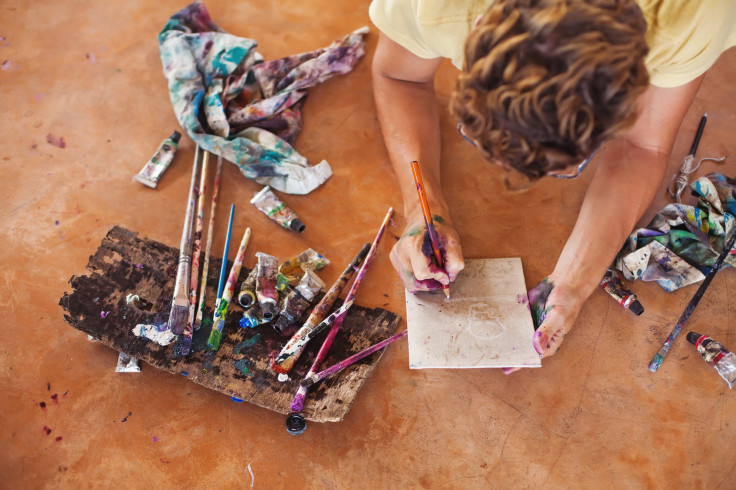Relaxing Hobbies, Doing What You Love As Important For Your Health As Exercise

It turns out that not only physical activity will help your mind and body long-term, but so can leisurely activities and hobbies that you truly enjoy. Carving out the time to work in your garden, read books, paint, brew beer, make furniture, knit or sew clothes — whatever your activity of choice — can help you keep your mental and physical health in top shape.
Of the major preventable conditions in the modern day, stress and a sedentary lifestyle seem to be the most pervasive in our lives. Sometimes, they go hand in hand — sitting in an office all day will slowly increase your risk for chronic diseases like obesity, diabetes, heart disease, and even dementia; the stress from your job, meanwhile, shortens your telomeres, increases blood pressure and heart rate, as well as muscle tension. All of these things contribute to chronic diseases later on in life.
The best way to combat all this, of course, is daily exercise. But even beyond that, choosing a hobby or leisurely activity you really enjoy can improve your overall health, according to a new study. Getting into that creative zone, where you forget all the negativity, problems, and stresses of daily life, is where the magic happens.
The study was completed by Matthew Zawadzki, an assistant professor of psychology at the University of California, Merced. He examined 115 men and women ages 20-80, who had little electrodes placed to their chest that measured heart rate throughout the trial. They were analyzed over three days, then asked to take surveys throughout the day — which asked about what they were doing and how they felt about it.
During leisure activities, all the participants reported lower stress levels and a lower heart rate compared to the parts of the day that they weren’t doing leisure activities. Many times, “leisure” involved exercise and socializing, but it also included sewing, listening to music, doing puzzles, and watching TV. Participants were 34 percent less stressed and 18 percent less sad during these times. Their heart rate were on average three percent lower during these times.
Also, these positive effects appeared to carry over for several hours afterwards. “We’re still talking about the short term, but there was a definite carryover effect later in the day,” Zawadzki told NPR. “And if we start thinking about that beneficial carryover effect day after day, year after year, it starts to make sense how leisure can help improve health in the long term.”
Stress causes a build-up of higher heart rate, blood pressure, and hormone levels, “so the more we can prevent this overworked state, the less of a load it builds up,” Zawadzki added.
Getting Into That Flow
Mihaly Csikszentmihalyi, a psychologist famous for his work on happiness and creativity, states in a TED talk that happiness isn’t the result of material goods or success, but rather getting caught in a fluid, focused space where you’re doing something you love. This is called “flow,” and it’s something that painters, musicians, architects, even engineers or janitors get into, if they’re doing something they love — and are using a higher level of skill than average to achieve something challenging. For example, a composer will get into a state of “flow” when writing music. This headspace is typically defined by a sense of euphoria, extreme concentration, skill development, and significant creativity.
Csikszentmihalyi describes this phenomenon in his TED talk, noting that "flow" is the key to happiness, rather than success, beauty, money, or materialistic goods. He argues that the more we can get into this flow, the happier — and healthier — we’ll be. Csikszentmihalyi says:
Now, when we do studies — we have, with other colleagues around the world, done over 8,000 interviews of people — from Dominican monks, to blind nuns, to Himalayan climbers, to Navajo shepherds — who enjoy their work. And regardless of the culture, regardless of education or whatever, there are these seven conditions that seem to be there when a person is in flow.There's this focus that, once it becomes intense, leads to a sense of ecstasy, a sense of clarity:you know exactly what you want to do from one moment to the other; you get immediate feedback. You know that what you need to do is possible to do, even though difficult, and sense of time disappears, you forget yourself, you feel part of something larger. And once the conditions are present, what you are doing becomes worth doing for its own sake.



























